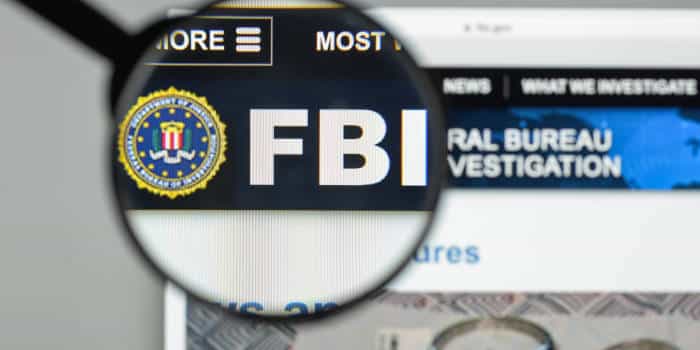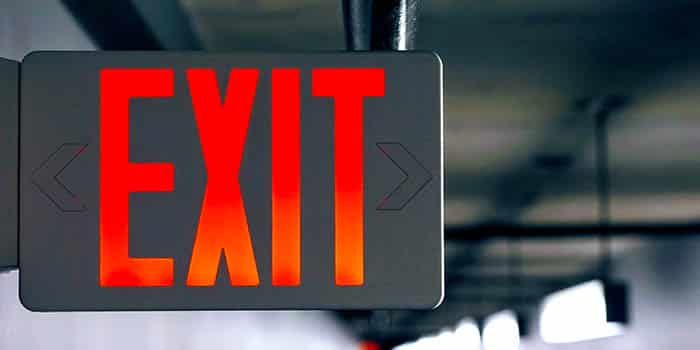Fact-checked by Angel Hristov
Sportradar Discusses the Power of AI in the War on Match-Fixing
AI is now underpinning Sportradar’s Universal Fraud Detection System AI (UFDS AI), which is the company’s flagship monitoring solution

Match-fixing is a problem that has plagued the sports and sports betting sectors forever. The temptation of easy money has shown that even the most disciplined of athletes are not infallible and that the fight against fraud is a constant one.
However, emerging technology has given a glimmer of hope that the battle could be won after all.
Sportradar Leverages AI to Tackle Fraud
Speaking to The Financial Times, sports data specialist Sportradar discussed the power of artificial intelligence and how machine learning can be weaponized in the war on fraud. This novel technology is showing incredible promise when it comes to identifying patterns and markers of match manipulation.
This is incredibly important to the sports sector, which lacks a central body tackling issues of this kind. Most of the fight against match-fixing is left to the private sector. Micro-betting markets, which are a rapidly growing form of betting, have proven even more difficult to oversee due to their extremely dynamic nature.
Sportradar is one of the companies that have risen to the challenge, sparing no effort in making a dent in match-fixing. At first, the company leveraged manual work to identify markets of suspicious activity. Later, Sportradar became one of the pioneers in using AI to solve this problem.
AI Has Succeeded Where Humans Have Failed
AI is now underpinning Sportradar’s Universal Fraud Detection System AI (UFDS AI), the company’s flagship monitoring solution. The AI-powered software is consuming hundreds of datapoints for each single game and processing thousands of wagers per second. By identifying and comparing patterns, UFDS AI can spot and flag potential instances of fraud.
According to Sportradar’s chief technology and AI officer, Behshad Behzadi, the solution now uses sophisticated algorithms known as “gradient-boosted decision trees” to reach unprecedented levels in accuracy, far exceeding what humans can process manually.
Behzadi added that everything happens in real time, allowing Sportradar partners to identify fraud as it happens. The complex workings of UFDS AI show the exact second an instance of suspicious activity has been detected, further empowering the sports industry. Additionally, the AI always highlights the reasons for its flags, whether it was unusual betting volumes, sharp changes in odds, or unlikely timing patterns.
Behzadi told The Financial Times that UFDS AI has already succeeded in identifying suspicious activity where human effort has failed. He cited a case where an AI identified multiple accounts that were rarely active suddenly placed similar bets within a short time frame.
A Human Touch Is Still Crucial
Despite the miraculous benefits of Sportradar’s AI-powered solutions, artificial intelligence can still make mistakes or wrong interpretations. Because of the severe implications of match-fixing for athletes’ careers, AI is still not allowed to act on its findings, which are still reviewed and analyzed manually. However, its benefits so far have been enormous, sparking hope that match-fixing can indeed be eliminated from the sector.
The ultimate goal of companies like Sportradar is to ensure robust detection, which, when paired with severe penalties, would make potential offenders think twice before fixing games.
Although Fiona doesn't have a long-spanning background within the gambling industry, she is an incredibly skilled journalist who has built a strong interest in the constantly growing iGaming network. The team at Gambling News is glad to have her on our roster to help deliver the best stories as soon as they hit. Aside from writing, she loves to dabble in online casino games such as slots and roulette, both for her own enjoyment and also as research to better improve her understanding of the industry.

















